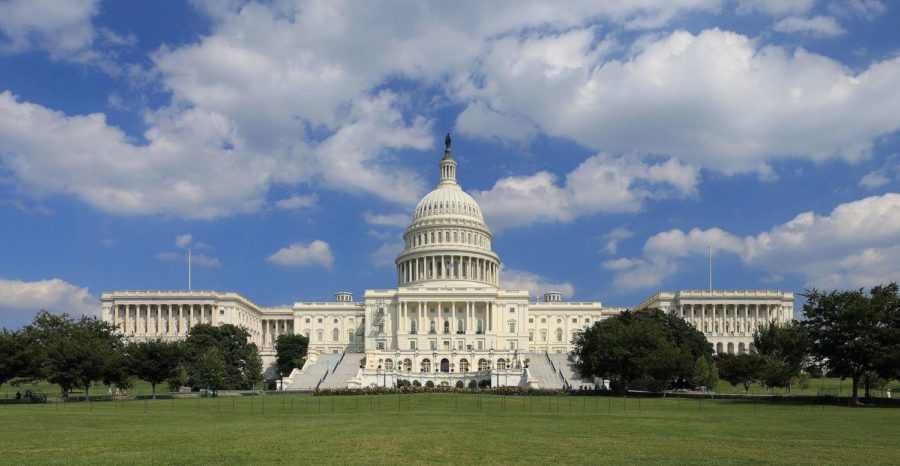Republicans acted last week with their tax bill to relinquish the United States’ status as a country with one of the highest official corporate tax rates in the world. In its place, the GOP plans to tax another group at record rates — graduate students.
Despite uniform resistance from congressional Democrats, Republicans in the House of Representatives passed a bill modifying the country’s tax code last Thursday, sending it to the Senate for approval. Speaker Paul Ryan, R-Wis., who pushed the bill through the chamber, framed it as a boon for American competitiveness.
“When you tax your businesses at much, much, much higher tax rates than your foreign competitors tax theirs, they win, we lose,” Ryan said at a town hall hosted by Fox News last Tuesday. “We’re losing jobs, we’re losing companies, we’re losing headquarters.”
Not everyone echoed Ryan’s hymn to his own tax plan’s competitive edge, however. Chief among the bill’s biggest detractors were members of one of the country’s few remaining competitive industries: research and higher education. The GOP tax bill would not only remove the country’s edge in research — it would place an immoral burden on graduate student researchers.
In order to partially counterbalance large income and corporate tax rate cuts, Ryan’s tax plan would close several long-standing tax exemptions that directly affect workers in academia. One of the biggest changes would tax the tuition waivers schools give to graduate students to defray the costs of staying in school.
Graduate students at the Massachusetts Institute of Technology told NPR last week that their calculations showed the bill would institute a tax hike in the range of 300 to 400 percent for graduate researchers. Such an enormous increase would unquestionably be harmful — both in its immediate consequences and in longer-term effects on education in the American workforce.
“The short-term effects would be to drastically punish doctoral students,” Larry Lyon, vice provost and graduate school dean at Baylor University, told the Waco Tribune-Herald last week. “The long-term effects would be to drastically harm the economy.”
Here at Pitt, Chancellor Patrick Gallagher voiced his opposition to the bill’s negative effects on universities’ more general economic well-being. In an update addressed to Pitt community members last week on Pitt’s website, Gallagher listed a number of University activities that the proposed changes would impact, including grad student tuition waivers, student loan interest deductions and deductions for donations to the school’s athletic and capital projects.
All of these are important considerations. But tax hikes on graduate students are especially well situated to lead to the end of American dominance of scientific research. U.S. citizens and high-achieving foreign-born researchers alike will be discouraged from contributing their knowledge to a country where they can barely afford to get by financially.



